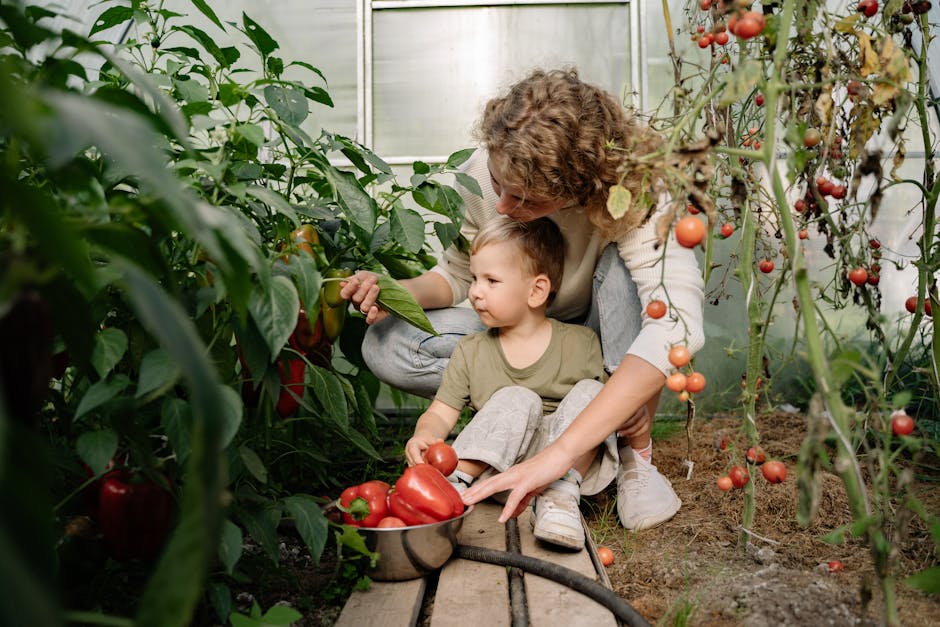A fundamental aspect of a healthy family dynamic lies in open communication. Families that communicate effectively create a safe space for sharing thoughts, feelings, and experiences, regardless of the topic. This doesn’t imply constant agreement, but rather an environment where differing viewpoints are acknowledged and discussed with respect. Children learn vital communication skills by observing how their parents interact and engage in productive dialogue. This includes active listening, demonstrating empathy, and expressing needs and concerns calmly and assertively. Families demonstrate effective communication when everyone feels heard and understood. Furthermore, active listening surpasses just hearing words; it involves paying attention to nonverbal cues, understanding underlying emotions, and responding thoughtfully.
Trust is another cornerstone of a healthy family. This foundational element allows members to feel secure in their relationships, knowing that they can depend on each other. Children are especially vulnerable to feeling threatened or unsafe without a sense of trust. When trust prevails, children are more likely to confide in their parents, seek guidance, and openly express their anxieties. Trust is built over time through consistent actions, reliability, and empathy. Parents demonstrate trustworthiness when they follow through on commitments, are truthful in their words and actions, and show genuine care and concern for their children’s well-being. Families who are truly trustworthy foster a sense of security and belonging.
Respect is an essential ingredient for nourishing healthy family relationships. Mutual respect recognizes the inherent worth and dignity of each individual within the family unit. This means valuing each member’s opinions, feelings, and contributions, regardless of age or role. Parents display respect by acknowledging their children’s autonomy, allowing them to make choices, and encouraging them to develop their individual identities. When children feel respected, they are more likely to develop self-esteem and confidence. In a healthy family, differences in opinions and personalities are accepted as part of the mosaic, not reasons for conflict.
Positive conflict resolution strategies are crucial in maintaining harmony. Disagreements and arguments are inevitable in any family, but how families handle these conflicts significantly impacts their overall well-being. Healthy families are equipped to navigate disputes effectively, focusing on finding solutions rather than placing blame. Open communication, active listening, and a willingness to compromise are vital components of effective conflict resolution. Children learn invaluable life skills when witnessing constructive conflict resolution within their families. They observe how disagreements are addressed, solutions are sought, and apologies are offered. Importantly, a healthy family model demonstrates the ability to move past conflict without lingering resentment.
Shared experiences and quality time are indispensable for strengthening family bonds. Creating opportunities for shared experiences, whether it be a family dinner, a weekend outing, or a holiday celebration, reinforces a sense of togetherness and belonging. These moments foster connection, build memories, and strengthen the emotional ties within the family. Quality time involves undivided attention, focused engagement, and meaningful interactions. It’s not simply about spending time together; it’s about engaging in activities that create shared experiences and encourage emotional connection. Furthermore, fostering a sense of shared purpose can be beneficial. Whether it’s a collective hobby, a shared goal, or a family project, these activities can provide a common ground for connection and shared achievement.
Beyond these core components, a healthy family dynamic also manifests in supportive and encouraging behaviours. Family members should actively support each other’s goals and aspirations. Recognition of achievements, celebration of milestones, and offering encouragement during setbacks strengthens the emotional fabric of the family. Individuals feel valued and motivated when their efforts are recognized and appreciated. A healthy family creates space for personal growth and independence, fostering the development of self-reliance and resilience in children and adults.
Equitable distribution of responsibilities and tasks is essential. Shared chores and responsibilities create a sense of equal participation and encourage cooperation. Children learn valuable life skills by taking on age-appropriate tasks, and family members share burdens and support each other’s needs. This promotes a sense of mutual dependence and responsibility, vital elements in a thriving family.
Finally, maintaining a supportive environment where each member feels safe, secure, and loved is crucial. This involves actively creating a space where everyone feels comfortable expressing themselves, asking for help, and seeking support without fear of judgment or retribution. It is essential to communicate openly and honestly about emotions and needs. Building a safe emotional space for all family members is essential for fostering genuine connection, trust, and respect.
In conclusion, identifying the signs of healthy family relationships is not merely about pinpointing a few characteristics. It’s a holistic process that encompasses several crucial elements, including effective communication, trust, mutual respect, positive conflict resolution, shared experiences, supportive behaviours, equitable responsibilities, and a safe emotional environment. By understanding and nurturing these aspects, families can cultivate a strong, supportive, and enduring foundation for growth and well-being for all their members. This, in turn, equips individuals with the essential tools to navigate life’s challenges with resilience and thrive in their personal and interpersonal relationships.
